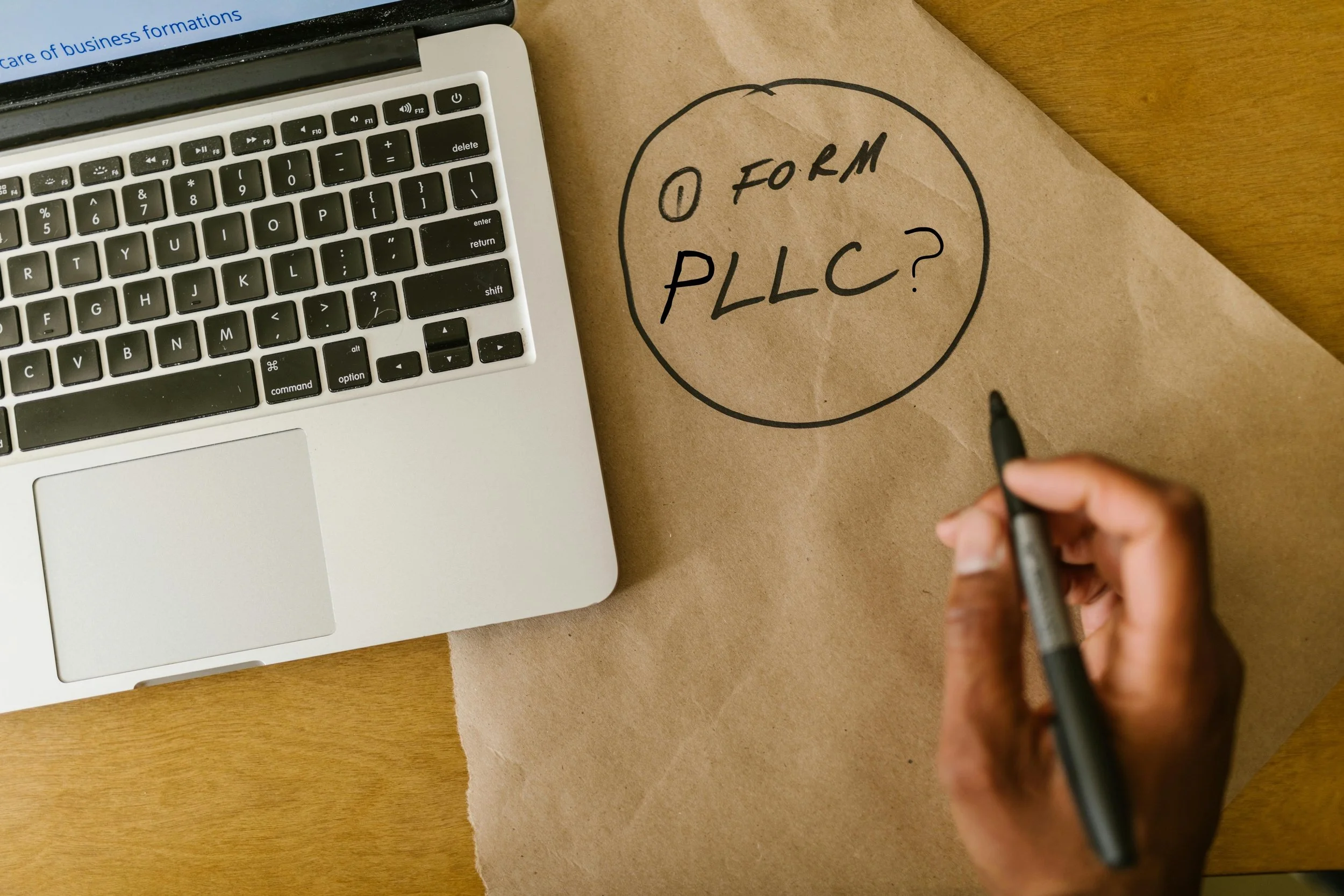Form I-134: How Do I Know If I Make Enough Money to Financially Support My Fiancé?
Embarking on the journey of bringing your fiancé(e) to the United States can be both a stressful and rewarding experience. Filling out the forms properly and knowing what steps to take to ensure approval of the applications can bring about confusion, frustration and unwanted worries. However, when your fiancé(e) receives the K-1 visa and arrives safely in the U.S., nothing can be more exciting. One important component of the K-1 fiancé(e) visa process involves the I-134 Declaration of Financial Support. In this blog post, we will explore the purpose of Form I-134, at which point in the process the form is submitted, and how to determine whether you meet the financial requirements.
UNDERSTANDING FORM I-134
The form I-134 serves as a legal contract between the U.S. citizen petitioner and the U.S. government. Its primary purpose is to assure immigration authorities that the non-citizen fiancé(e) will not become a public burden, i.e., reliant on public benefits, while in the United States. Essentially, it is a commitment from the U.S. citizen to financially support their fiancé(e) throughout their stay until the non-citizen partner reaches 40 qualifying quarters of work, or becomes a U.S. citizen.
WHEN TO SUBMIT THE I-134:
The I-134 form is a mandatory component of the K-1 visa application process and must be submitted at the U.S. Embassy or Consulate where the non-citizen fiancé will be interviewed. In particular, your fiancé(e) should bring the Form I-134 and supporting documents directly to their interview to be submitted to the consular officer conducting the interview. It is essential to include all necessary supporting financial documentation to demonstrate the petitioner's ability to provide financial support. More specifically, the U.S. citizen petitioner must provide the following:
Evidence of U.S. citizenship (e.g., copy of birth certificate, passport biographic page, or naturalization certificate);
Copy of U.S. Federal Tax Returns or tax transcripts for the last year;
A letter from your current employer, confirming the date and nature of employment, annual salary paid and whether the position is temporary or permanent; and
A statement from your banking institutions listing the date the accounts were opened, the total amounts deposited for the last year and the present balance for each account
HOW DO I KNOW IF I MAKE ENOUGH MONEY TO FINANCIALLY SUPPORT MY FIANCÉ(E):
When it comes to the financial expectations placed on the U.S. citizen petitioner, the U.S. government has set specific financial criteria, which is outlined by the U.S. Department of Health and Human Services (HHS). In particular, the petitioner must earn wages amounting to at least 100% or greater of the HHS poverty guideline estimates for the current year in relationship with their household size. The current guidelines can be found here — https://aspe.hhs.gov/topics/poverty-economic-mobility/poverty-guidelines
The poverty guidelines take into account the number of people living in the petitioner's household, including dependents and the petitioner must provide documentation showing that their income is sufficient to support themselves and their fiancé without relying on public assistance. For example, relying on the poverty guidelines in the link above, if your household is yourself, your fiancé(e) and your child, and you live in New York, you must earn $25,820 annually to satisfy the financial requirements for the I-134.
CONCLUSION:
The Declaration of Financial Support (Form I-134) is a necessary step in the K-1 fiancé visa process and filling out the form properly and providing the required documentation are crucial to ensuring a smooth interview and stronger likelihood of visa approval. By understanding the purpose of the form, submitting accurate documentation, and meeting the necessary financial requirements, you can increase the chances of a successful visa application for your fiancé(e).
If you are interested in filing a K-1 visa for your fiancé(e) or need support through the U.S. Embassy/Consulate process, please do not hesitate to give us a call at (212) 547-8857 or schedule a consultation online and we'd be happy to work with you to assess your situation and if eligible, aid in applying for the benefits you are seeking. Our experienced immigration attorneys are here to provide the advice you need.
Disclaimer: This blog post and similar posts are not to be considered as providing legal advice. The discussion here is meant for educational and informational purposes only and shall not create an attorney-client relationship with the readers of this content.
tags
- 90 Day Rule 1
- Addendum 1
- Adjustment of Status 15
- Advance Parole 1
- Affidavit of Support 1
- Americans with Disabilities Act 1
- Attorney-Client Privilege 1
- Attorney-Client Relationship 1
- Background Checks 1
- Bargaining Power 1
- Bars to Adjustment of Status 1
- Board of Directors 1
- Bona Fide Marital Relationship 3
- By-laws 1
- CIMT 1
- Certificate of Authority 1
- Certificate of Citizenship 1
- Child Citizenship Act of 2000 1
- Commercial Leases 1
- Conditional Green Card 6
- Confidentiality 1
- Consular Processing 3
- Consulting Agreements 1
- Continuous Residency 1
- Contract Clauses 9
- Contract Negotiation 6
- Contracts 12
- Coronavirus 4
- Corporations 6
- Correcting Errors 1
- Crime Involving Moral Turpitude 1
- Crime Victims 6
- DACA 1
- Dissolving LLCs 1
- ESTA 1
- Employees 3
- Employers 3
- Expanded Family/Medical Leave 1
- FOIA Requests 1
- False Claim to U.S. Citizenship 1
- Fiancé Visa Interview 1
- Fiancé Visas 10
- Force Majeure 2
- Foreign PLLCs 2
- Freedom of Information Act 1
- Good Moral Character 7
- Green Card Interview 2
- Greencard 17
- I-129F 1
- I-130 Application 3





